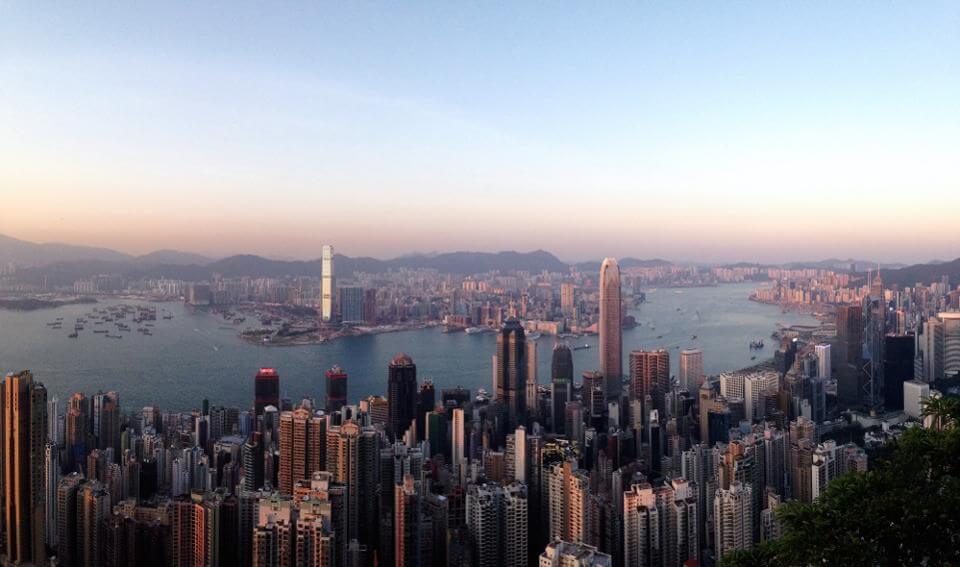In real estate, pricing is relative. Some cities are outrageously expensive and become even more so, while others are bargains.
It would surprise no one that the most expensive real estate markets in the world are the most densely populated. There are simply few, if any, places to build, so prices stay high and keep rising.
Cities hemmed in by mountains or water have this problem, while a metropolis bordered by generous amounts of open space do not. Of course, that doesn’t mean that prices in the most-expensive markets are fair. They are often headed for a fall.
In a recent survey, the Swiss-based bank UBS compiled a list of the most expensive cities in their Real Estate Bubble Index. You don’t need a drumroll to know the most bubble-prone markets: Hong Kong, London, Paris, Singapore, Toyko, New York and Amsterdam top the list. Most of these cities would qualify as “hemmed in” by geographic obstacles. There’s simply no more room to build.
While some of these cities may also be ultra-desirable for relocation, they are not affordable if you want a decent apartment. While Hong Kong, for example, may qualify as one of the most densely populated an exciting cities in the world, it would take you more than 20 years to be able to afford an average-priced apartment, according to UBS.
How does Hong Kong compare to the last city on its list (Chicago)? It would take you about five years to buy a place in the Windy City. In Boston and Los Angeles, the next North American cities up the list, it would take you about six years.
So it’s easier to buy something in Chicago as opposed to Hong Kong or Toyko. Why is that important? It’s of no significance unless you have to work there or are eyeing retirement relocation.
“Prices continue to soar,” UBS notes, “but in half of the cities in the study, housing markets are booming with inflation-adjusted prices rising at least 5% in the last four quarters. However, in the other half of the cities house prices were stalling or declining.”
What you need to consider is how much the market you’re considering has appreciated in the past five years. Those in bubble zone have price increases averaging 35%, UBS reports. That could be trouble if you are considering real estate investment in those markets. Nobody wants to buy in near the peak.
Source: Forbes

